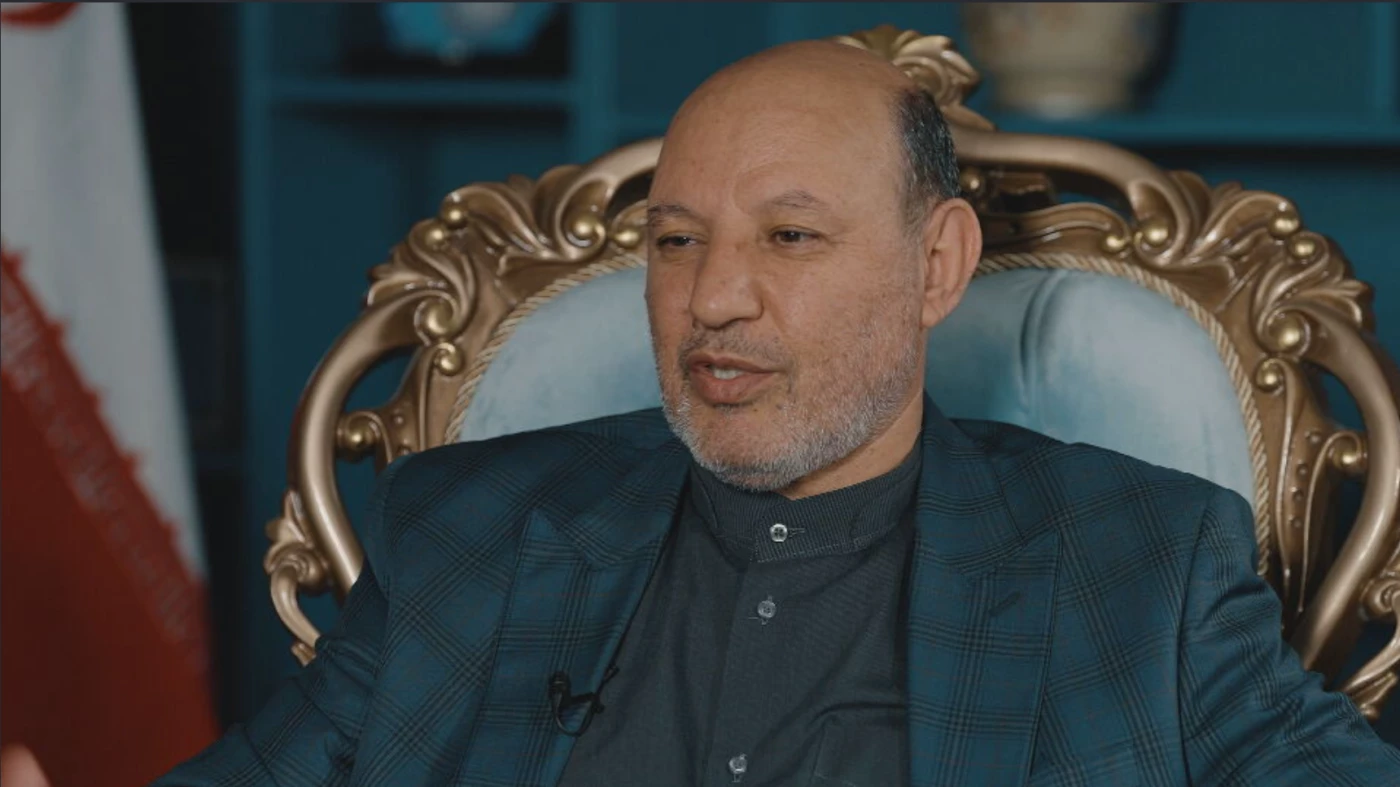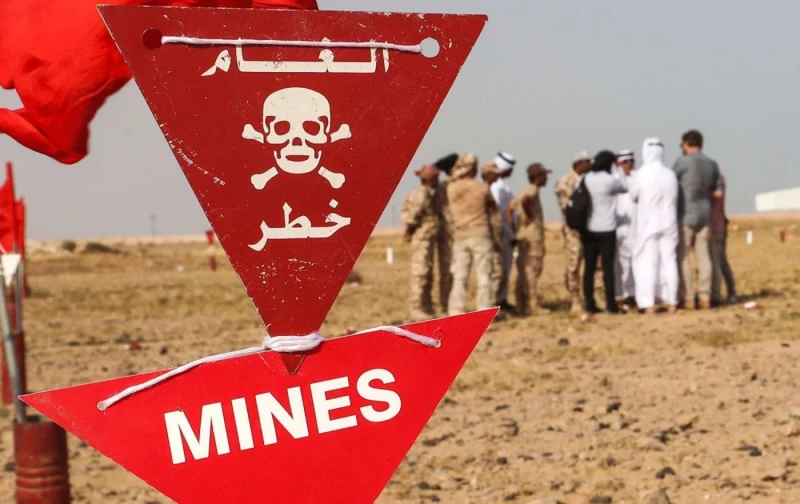ERBIL, Kurdistan Region of Iraq - Outgoing Iranian Consul General to Erbil Nasrollah Rashnoudi said that some solid steps have been taken to implement the security agreement between Iran and Iraq, but stressed that there are still some elements that need to be fulfilled.
Iraq and Iran signed a security agreement in 2023 to address Tehran’s concerns over exiled Iranian-Kurdish armed groups which have sought refuge in Iraqi and Kurdistan Region territories for decades. In September 2023, Iraq announced it has completed the disarmament of the group and moved their members away from the borders.
In an interview with The New Region’s media partner, AVA Media, on Monday, Rashnoudi highlighted the historic ties between Tehran, Baghdad, and Erbil, noting that security relations have always played a large role in that relationship.
“Both sides have worked on the security agreement since its signing and some good steps have been taken by the Kurdistan Regional Government [KRG],” said the diplomat, adding “this security agreement has several articles that must be implemented, God willing. As I said, good steps have been taken, but they are still not enough.”
Rashnoudi said that while the exiled groups have a negative impact and cause concerns “they will not become a serious threat to the Islamic Republic of Iran,” stressing that Iran will not hesitate to strongly respond to any threats from the groups.
“But creating instability and making moves in the Kurdistan Region that would destabilize the borders, this is not acceptable.”
The diplomat acknowledged that both Erbil and Baghdad remain committed to the full implementation of the security pact and expressed hope for finding a swift solution for the exiled armed groups as “they lead to ruining the relations” and “KRG officials do not really want that either.”
“We see that some movements are being made by these terrorist groups that are outside the agreement, meaning they violate the agreement, which has been conveyed to the KRG officials by the security committee in different places,” he added.
“The intention of the KRG officials is to resolve this issue as soon as possible and not to see these things again.”
Fulfilling its obligations per the pact, the Iraqi National Security Service announced in September that they had shut down 77 military bases of the Kurdish exiled groups near Iran’s border areas, with their forces relocated to six refugee camps, including four camps in Erbil and two camps in Sulaimani.
Erbil-Tehran relations
Rashnoudi noted that relations between Iran and the Kurdistan Region reached a peak during this past year, with repeated visits by Kurdistan Region President Nechirvan Barzani to Tehran and Iranian President Masoud Pezeshkian’s trip to Erbil and Sulaimani in September.
“We consider this a good thing and hope that both sides can take advantage of these opportunities and other opportunities to expand these relations even further,” he said.
The diplomat also highlighted Kurdistan Region Prime Minister Masrour Barzani’s role in strengthening bilateral ties between the two sides, especially in trade.
“This year, I think the latest statistics show that we have had more than 15 to 16 percent growth in trade relations. The influence of Mr. Masrour Barzani was significant in this regard. There were some obstacles to our trade relations. By his order, the Economic Committee, which had been among us for many years and had been inactive, was revived.”
Rashnoudi also emphasized the need to expedite the formation of the KRG’s next cabinet, calling on all parties to work together, and stating that Iran stands by to assist in the process whenever needed as the Kurdistan Region’s stability is important to Iran as well.
“We hope that these friends [parties] will pay attention to the results announced and be able to solve their problems and we see the formation of the government and hopefully this government will be formed as soon as possible,” he noted.
The Kurdistan Region held parliamentary elections on October 20, following a two-year delay, in which the Kurdistan Democratic Party (KDP) emerged as the clear victor, scoring over 400,000 votes more than its nearest competitor the Patriotic Union of Kurdistan (PUK).
The vote saw a significant turnout rate of 72 percent.
Rashnoudi lauded the security situation during the elections, calling it “worthy of congratulations.”
Iran to respond to Israel “at the right place and the right time”
Tehran has repeatedly threatened to retaliate for the Israeli attack which targeted several military sites across Iran in late October, killing at least four Iranian soldiers. Both the US and Israel have warned against responding and starting a new round of escalations.
Rashnoudi reiterated that Iran retains the right to respond to the Israeli aggression “at the right place and the right time,” but stressed that the decision lies in the hands of Iran’s officials.
“When and where, that depends on the decision of Iran’s officials, but if Iran wants to utilize Iraq or Iraqi airspace, that is related to the decisions that will be made and I have no information on that,” said the consul.
The Iraqi government in late October submitted an official protest note to the United Nations over Israel’s use of Iraq’s airspace for its attack on Iran, describing it as a “flagrant violation.”



 Facebook
Facebook
 LinkedIn
LinkedIn
 Telegram
Telegram
 X
X


